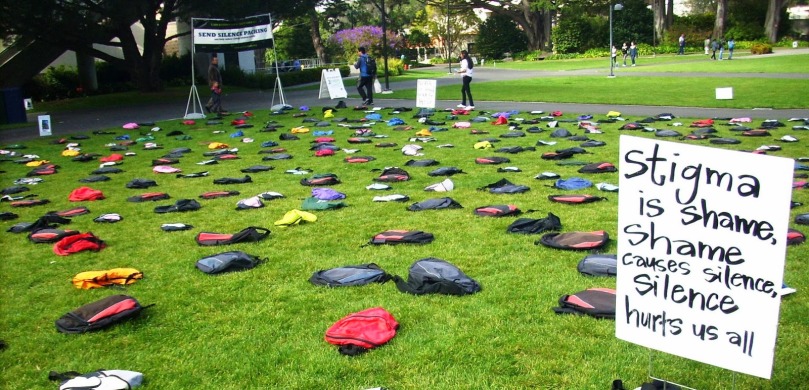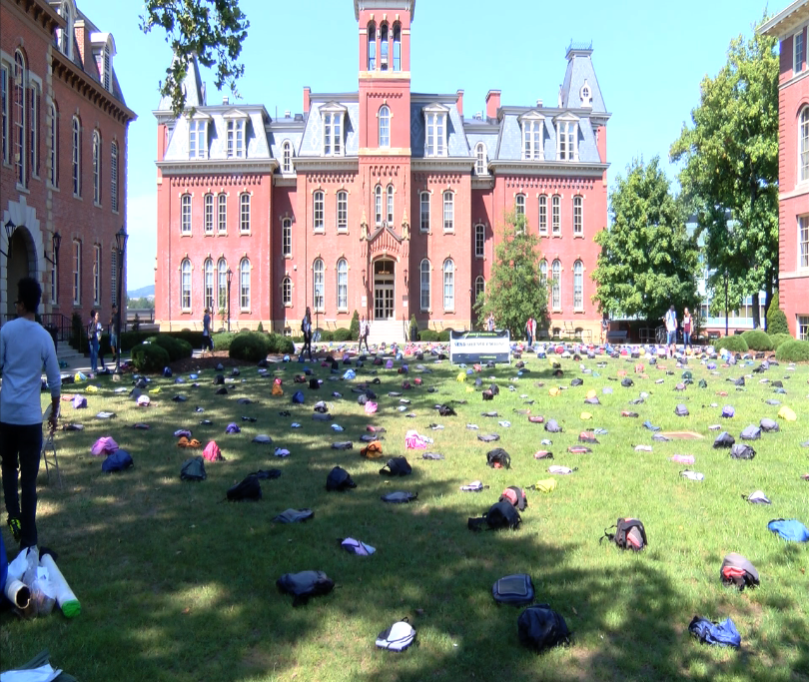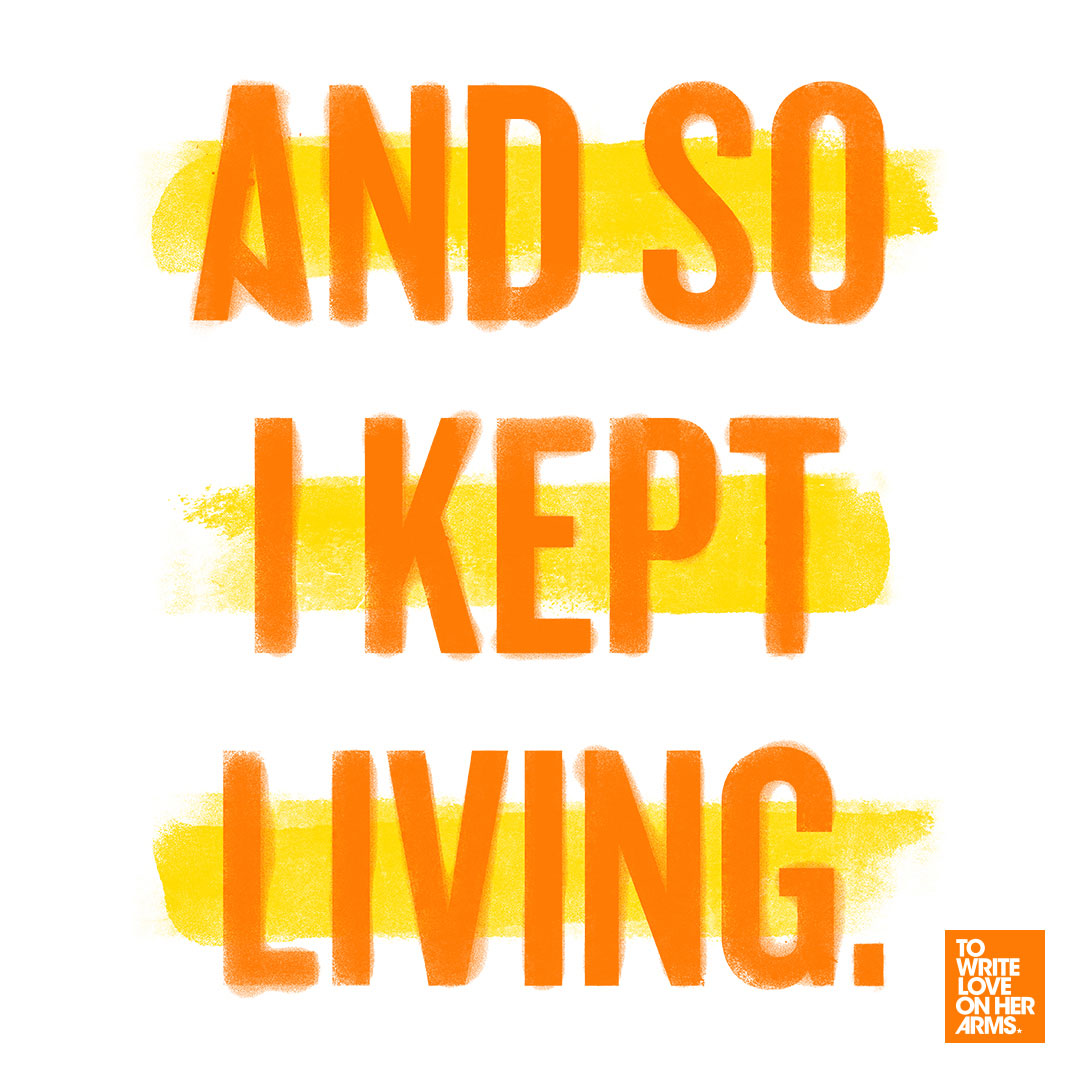I think what is most amiable about the mental health community is the way they come together. For example, I reached out to a blog written by a college student with depression and I received an email from a member of the community. He is the author of the blog Confessions of a Depressed College Student and it really got me thinking about the way the mental health community comes together in times of need.
He revealed his true identity to me (which I will not reveal) because he blogs anonymously, and also thanked me for reaching out to him. He also expressed his sadness for me, because we share the same disease and how some days are harder than others, but he went on to say he was glad to share support with me. He believes we have an unbeatable connection and can use that to share support in each other and make our lives easier.
That really hit home for me, how understanding someone who doesn’t even know me could so easily be there for me, and understand where I am coming from, probably even more so than someone in my own family.
I think what people don’t understand about the pains of depression is the downfall of those suffering, especially in college students. If people who were not mentally ill could understand what could be done for a loved one, it could make the difference in life and death to someone.
Students Against Depression it a blog founded out of the the death of two college aged students who took their lives- this seems to be a trend in the mental illness community. Most organizations are founded because someone lost someone they loved. Students Against Depression have countless students just like me posting on a daily basis about their daily lives. They also have resources for those who feel suicidal, if you are desperate they offer answers and resources for you.
I find it terrible that there are people that are so alone, when at their fingertips is a world of resources, and endless list of people who want to help and listen, and a community of people who feel exactly the same. Where is the missed connection?
It’s in the education. In high school they teach you to say no to drugs and alcohol but they never really teach you how to cope with mental illness. They don’t teach you to talk to someone who is depressed, they don’t show the signs of someone being suicidal, and then, sadly nobody cares or knows until it’s too late. At the conclusion of Suicide Prevention Week To Write Love On Her Arms posted a blog post about how the conversation must go on beyond the seven days dedicated to awareness. We should always be aware of the ones we love, and as someone in the depression community I think we also need to work together to form alliances and friendships with one another, and be there for each other, because we are the ones who understand better than anyone. There are organizations like Project Helping is founded by people with mental illness and hopes to bring awareness and remove stigma. These are the biggest downfalls of the community to those looking in from the outside. You Can Not Be Replaced is an organization that travels the country and goes to schools to teach students that they are worth something, and, of course they cannot be replaced. When your suffering ends in suicide, everyone else suffers for a lifetime because they could not help you or understand. There is no coming back from it, and that’s the biggest challenge of them all.
I challenge the community to come together, and my eyes are open to these issues. I will continue to advocate and educate people about depression and maybe it could save someone’s life one day.


